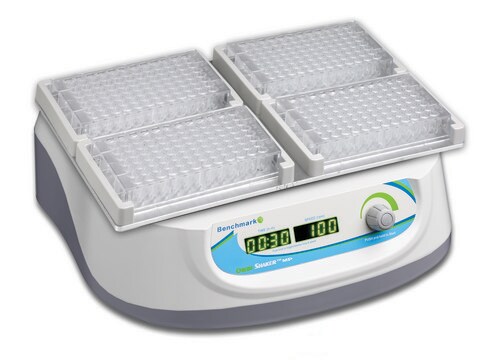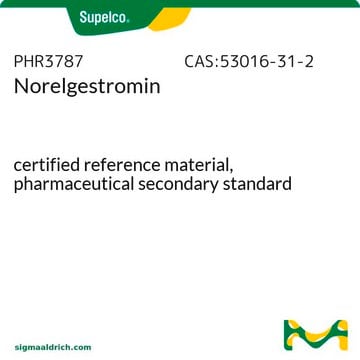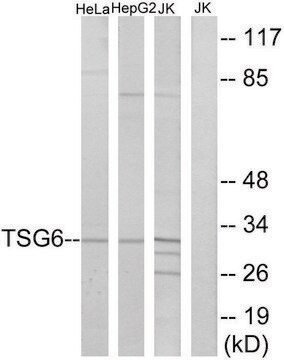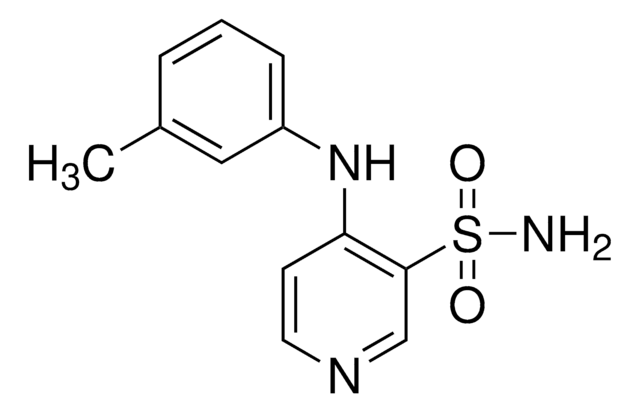RAB1092
Human TSG-6 ELISA Kit
for cell culture supernatants, plasma, and serum samples
Synonym(s):
Hyaluronate-binding protein, TSG-6, Tumor necrosis factor-inducible gene 6 protein
About This Item
Recommended Products
species reactivity
human
packaging
kit of 96 wells (12 strips x 8 wells)
technique(s)
ELISA: suitable
input
sample type cell culture supernatant(s)
sample type serum sample(s)
sample type plasma
assay range
inter-assay cv: <12%
intra-assay cv: <10%
sensitivity: 0.2 ng/ml
detection method
colorimetric
shipped in
wet ice
storage temp.
−20°C
Gene Information
human ... TNFAIP6(7130)
General description
Application
Biochem/physiol Actions
Other Notes
signalword
Warning
hcodes
pcodes
Hazard Classifications
Met. Corr. 1
Storage Class
8A - Combustible corrosive hazardous materials
flash_point_f
Not applicable
flash_point_c
Not applicable
Certificates of Analysis (COA)
Search for Certificates of Analysis (COA) by entering the products Lot/Batch Number. Lot and Batch Numbers can be found on a product’s label following the words ‘Lot’ or ‘Batch’.
Already Own This Product?
Find documentation for the products that you have recently purchased in the Document Library.
Our team of scientists has experience in all areas of research including Life Science, Material Science, Chemical Synthesis, Chromatography, Analytical and many others.
Contact Technical Service









